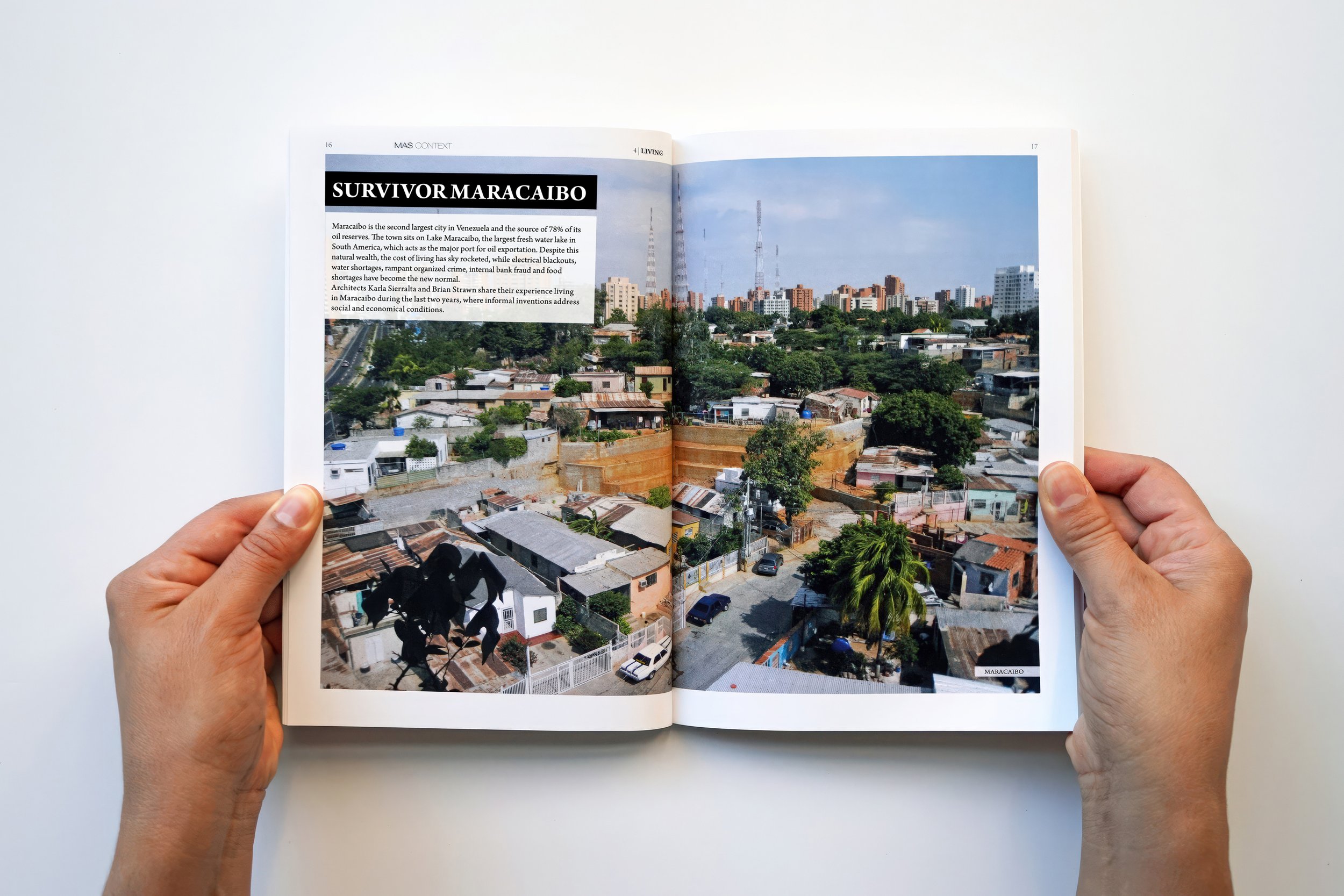DATA
+
–
This research, conducted while residing in Maracaibo, Venezuela, documents the lived realities of a city navigating the middle stages of political instability and economic collapse. It examines how systemic disruptions became inscribed in the urban fabric through infrastructural decay, informal adaptation, and the reconfiguration of everyday life. Drawing from direct observation and field documentation, the study identifies several emergent conditions—the ‘villa effect,’ ‘fence-as-façade,’ ‘water-by-truck,’ and the reprogramming of public space—as markers of both resilience and decline.
These conditions illuminate how residents responded to the erosion of infrastructure and governance by appropriating, modifying, and reinterpreting their built environments. Although driven by necessity, such adaptive strategies reshaped the city’s spatial character, redrawing boundaries between public and private, altering access and security, and transforming patterns of social interaction.
The documentation culminated in the essay Survivor Maracaibo: Urban Realities in 21st Century Socialism, published in MAS Context.
The project also provided a means of processing lived experience—an inherently difficult task when insufficient temporal or emotional distance exists from traumatic events. As a member of the Venezuelan diaspora, confronting and learning from the trauma endured by my own community has been profoundly challenging, yet also generative as a vehicle for teaching and reflection. Ultimately, the project seeks to illuminate how communities negotiate the material consequences of systemic crisis through everyday spatial practices, while contributing to broader architectural discourse on informal urbanism, resilience, and the politics of space.
For: MAS Context
Type: Design research

